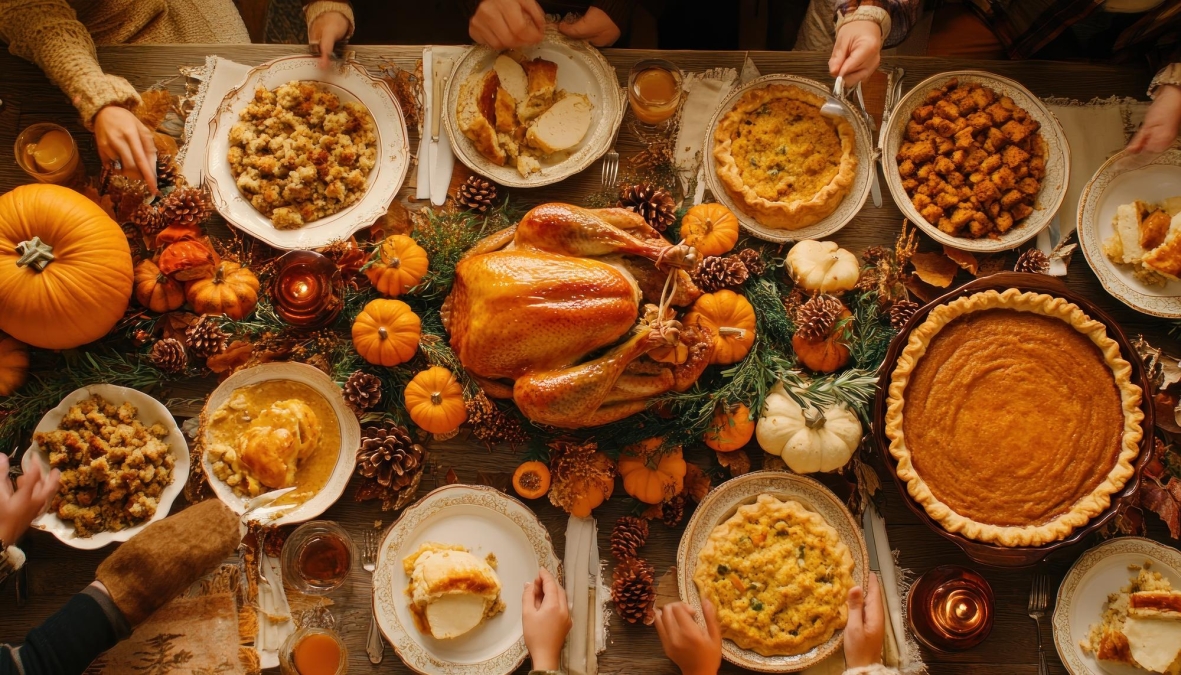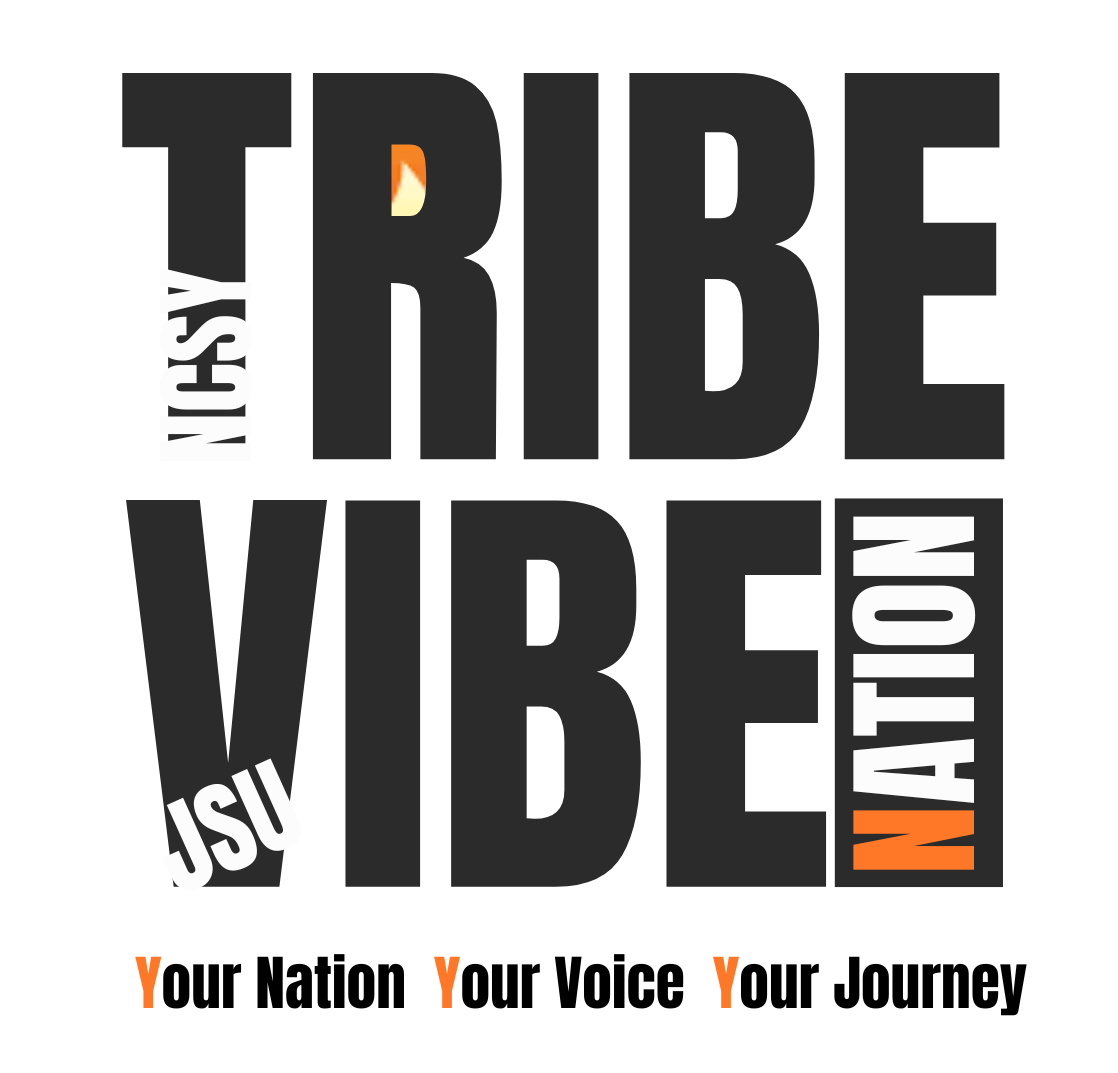Today is Thanksgiving. While I am grateful for many things like my family and friends, over the years, I have wondered whether today really is a “kosher” day to be thankful? So, I did some research and here is what I came up with.
Thanksgiving to most is a day of Football games, golf tournaments, family gatherings, cranberry sauce and the coveted basted turkey. It is a day off from work or school, a time to relax and has seemingly nothing to do with Judaism. While Thanksgiving is not a religious holiday, it is certainly a secular American holiday, which raises the question of whether Jews in America should take part in this turkey feast. Is Thanksgiving Kosher? A closer examination of this butterball bonanza gives us some insights to properly answer this question. We begin at the beginning.
As the history books report, the first thanksgiving was celebrated in 1621 by a group of Colonists from the Plymouth Plantation and about 90 Native Americans. They had gathered for a three day event to give thanks for their first successful harvest. This event of “thanksgiving” was adopted by many in the years that followed. However, it was not until the first President of the United States , George Washington, proclaimed in 1789 that there should be an official day of “thanksgiving and prayer”. It is this proclamation that deserves great attention as caramelized yams and half-time shows do not highlight the true intention of this day. It is also this proclamation and true purpose of the day that could help us with our question. So, without further ado, the first Thanksgiving proclamation:
By THE PRESIDENT of the United States of America .
A proclamation
WHEREAS it is the duty of all nations to acknowledge the Providence of Almighty God; to obey His will, to be grateful for His benefits, and humbly to implore His protection and favor; and,
WHEREAS both Houses of Congress have by their joint committee requested me to recommend to the people of the United States a day of public Thanksgiving and prayer, to be observed by acknowledging with grateful hearts the many signal favors of Almighty God, especially by affording them an opportunity to establish a form of government for their safety and happiness:
Now, therefore, I do recommend and assign Thursday, the 26th day of November next, to be devoted by The people of these States to the service of that great and glorious Being who is the beneficent author of all the good that was, that is, or that will be, that we may then all unite in rendering unto Him our sincere and humble thanks for His kind care and protection of the people of this country previous to their becoming a nation; for the signal and manifold mercies and favorable interpositions of His Providence, which we experienced in the course and confusion of the late war; for the great degree of tranquility, union and plenty, which we have since enjoyed; for the peaceable and rational manner in which we have been enabled to establish constitutions of government for our safety and happiness, and particularly the national one now lately instituted; for the civil and religious liberty with which we are blessed and the means we have of acquiring and diffusing useful knowledge; and in general for all the great and various favors which He hath been pleased to confer upon us.
And, also that we may then unite in most humbly offering our prayers and supplications to the Great Lord and Ruler of Nations, and beseech Him to pardon our national and other transgressions, to enable us all, whether in public or private stations, to perform our several and relative duties properly and punctually, to render our National Government a blessing to all the people by constantly being a government of wise, just and constitutional laws, discreetly and faithfully executed and obeyed, to protect and guide all sovereigns and nations (especially such as have shown kindness to us) and to bless them with good government peace and concord.
To promote the knowledge and practice of true religion and virtue, and the increase of science among them and us, and generally to grant unto all mankind such a degree of temporal prosperity as He alone knows to be best.
Given under my hand at the City of New York the third day of October in the year 1789.
(Source: The Massachusetts Centinel, Wednesday, October 14, 1789)
What a highly inspirational proclamation that does not appear to mention cheerleaders or smoked meats. It really seems focused on connecting with G-d, humbling ourselves and, above all, giving thanks to our creator. In fact, the thanksgiving proclamation appears to have much in common with Jewish values and our daily rituals of giving thanks to G-d. It certainly does not appear to promote one religion over another. It just appears to suggest that we put aside a day during the year where we give forth our appreciation for the many freedoms and provisions G-d has afforded us. What would not be Kosher about this? As Jews, we put time aside three times daily to thank G-d and have many blessings of thanks that we recite numerous times throughout the day. This holiday seems right up our alley. However, it takes more than an inspirational proclamation to green light the adoption of a secular holiday into our Jewish homes. It takes great Jewish minds who understand the great depths of Jewish law. So, we turn to the great Rabbis of our time who have been asked this very same question.
Rav Hutner, a great Rabbi, the late Rosh HaYeshiva (Head of School) of Mesivta Chaim Berlin and Torah luminary, argued that we should not celebrate the holiday. He stated that, although its origins may not be religiously based, it has become an annual holiday observed by those who are not Jewish. In turn, we should distance ourselves from such activities as it has become similar to other non-Jewish holidays that are not permissible to celebrate. However, other great Rabbis, such as Rav Moshe Feinstein and Rav Joseph Soloveitchik rule it permissible as it is not in any way a religious holiday. It exists as a gathering of friends and family to show citizenship and appreciation for being Americans. In fact, according to most Jewish authorities, celebrating Thanksgiving is permissible as long as Jewish law is observed and it is not celebrated with people who integrate religious worship into it. Interestingly, it is said that Rabbi Soloveitchik would reschedule his shiur (Torah class) for early in the day on Thanksgiving in order to allow time for the celebration of Thanksgiving.
While the origins of Thanksgiving might slowly be getting lost in today’s turkey fest and football madness, the meaning behind the day still remains whether we acknowledge it or not. As Jews, we are certainly aware of the concept of giving thanks to G-d and might feel no need to participate in an activity once a year that we do daily. However, on the day created for all Americans to stop and acknowledge G-d’s presence, we may consider joining them. We may, as Jewish Americans, consider giving thanks for the fact that we can sit around a table with our Jewish friends and family, eat a kosher Turkey and say Birkat HaMazon (say grace after the meal) without fear of persecution. Nevertheless, whether we celebrate thanksgiving or not, it can certainly be a welcome reminder to, as President Washington proclaimed, give G-d “our sincere and humble thanks for His kind care and protection of the people of this country.”





Add a Comment